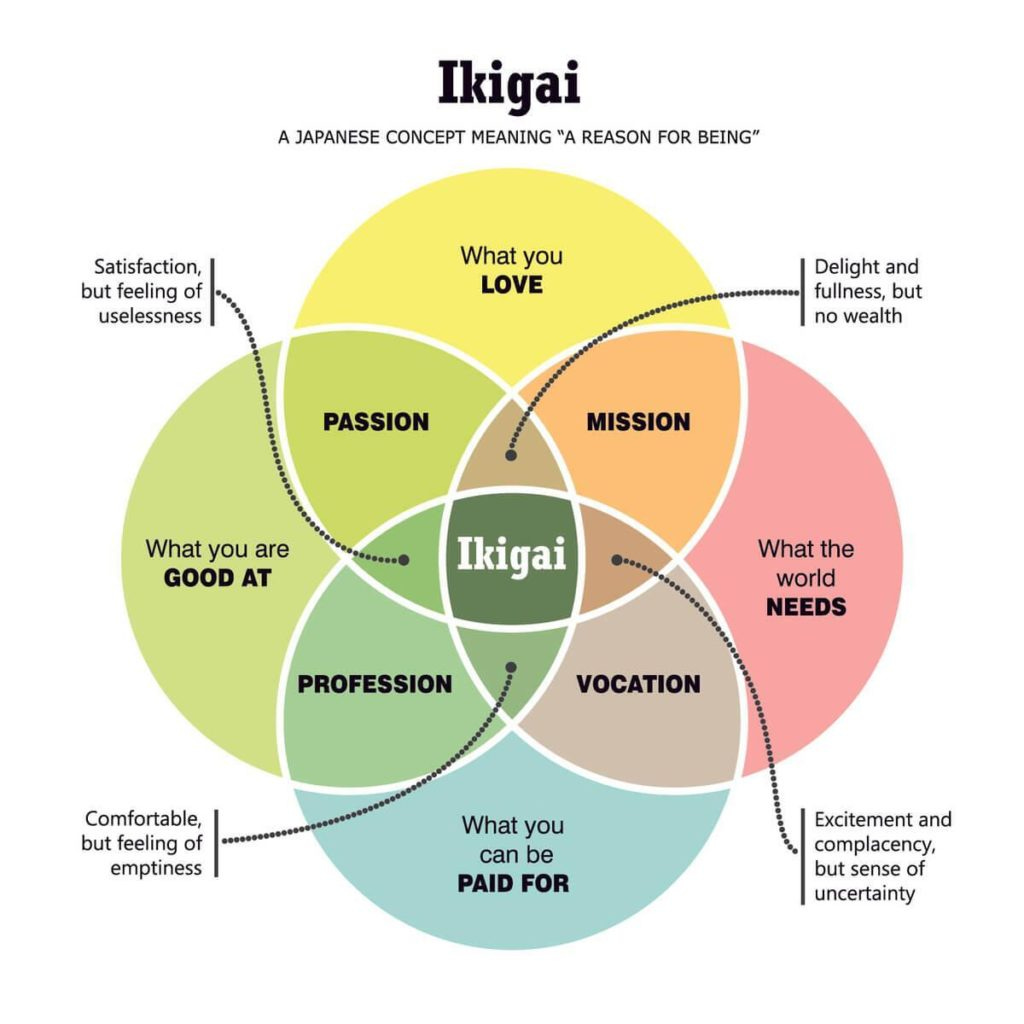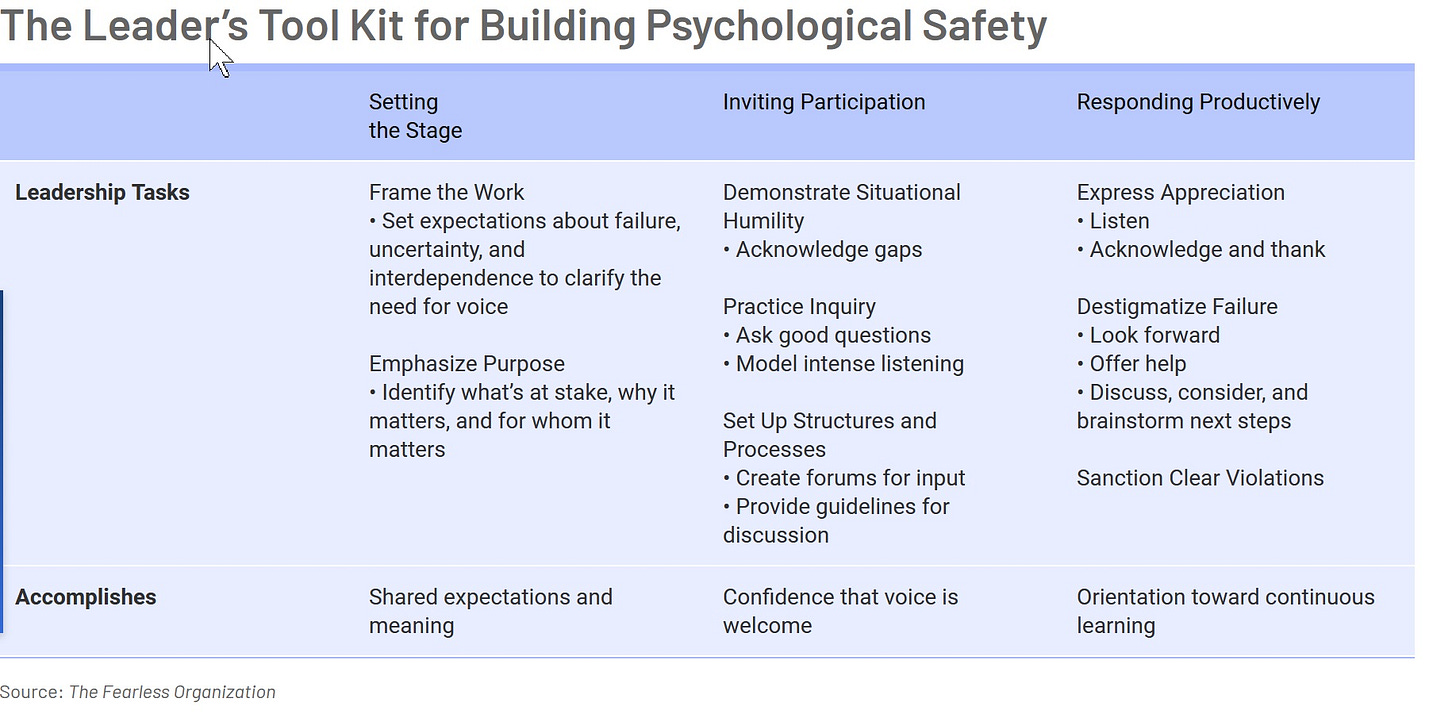When I was 17, I spent my summer holidays doing work experience in a provincial town in Germany. In hindsight, it was an informative experience that helped develop my independence and grit, but at the time, if asked to describe it in one word, I would have chosen 'lonely'. Most of my time was spent on my own listening to music (on a MiniDisc player, which should help date it) and reading. Outside of the workday, there was little socialising going on, which is why at the end of each day, as my colleagues bid me farewell with the expression, 'Feierabend', it represented a cruel blow.
At this point in my German studies, I was aware of both words that made up this portmanteau, which when translated literally means, 'Celebration Evening'. Do these people think I'm spending my evenings out on the town, I thought? Should I be? Or is it them who leave the office every day and head out to have fun with their friends? If so, did they really need to rub it in?
I didn't think much more of it until I moved to Munich when I was 20, where I spent the best part of a year working for a record label and polishing my steadily improving German. Cue my first day at work when the phrase appeared again. Given that I was a little older and enjoyed a night out, I was excited about the promise of constant partying that lay ahead of me with the other young people, who I was much more confident about befriending this time. But still, there was no invitation to the evening of celebration.
Long story short, I'd got it all wrong. While on occasion, 'Feierabend' would involve drinks and merriment with friends, it’s better understood as a way of bidding farewell at the end of the workday - a word for which we don’t have an equivalent in English. As we struggle to develop clear boundaries between our work and personal lives, it strikes me as a simple phrase, which represents a powerful idea that shows others that you're unambiguously finished for the day.
While a clean break from work in the form of a holiday is essential to operate at peak performance and avoid the risk of burnout, you’d be wise not to wait until that rare break to develop strategies to switch off from work. As with many things in life, moderation is crucial.
Likewise, although working at high intensity is often essential to high performance - whether you're working in more conventional jobs or as an Olympic athlete - you have to balance it with the right level of rest and recovery. You won't see a top-level sprinter running at top speed rep-after-rep, day-after-day, for example. Instead, they carefully manage their training schedule to incorporate the appropriate frequency, duration, and intensity balance.
Keeping your foot on the pedal right up until that forthcoming holiday risks negatively impacting your mental health, along with your mood and decision-making. The chance to reset is invaluable, but with that comes the opportunity to reassess how you'd like to work, so consider how you can create more separation and distance between your work and home life every day, not every few months.
I take inspiration for how I manage my time from various sources, including tapping into ideas from other countries and cultures, as I've written about over the past couple of years. For example:
Ikigai:
The Japanese concept of Ikigai focuses on your 'reason for being', which I return to repeatedly - there’s nothing like focusing the mind on why you're getting out of bed every day.
Siesta:
Talking of beds, I'm now a great fan of a power nap whenever I can get one. It helps alleviate the tiredness that results from having young children and boosts my brain in the afternoon.
Fika:
Tea breaks aren't exactly rare in the UK, but the Swedish idea of Fika is something different - as much a state of mind as a pause for a hot drink. It serves as something of a ritual, during which everyone temporarily steps away from the stresses and strains of work. I introduced this idea to my last business years ago, and it never failed to help build the types of social connections that we know are vital to maintaining and evolving a thriving culture.
Writing about Feierabend is my attempt to seed a simple idea that could help mitigate some of the risks we see emerging from the blurred lines between work and home, which contribute to longer working hours and an illusion of increased productivity.
Research shows that for every additional hour the boss works, the rest of the team adds 37 minutes to their day. In other words, changing working practices and creating a culture of working less, but achieving more, starts with leadership.
So, here's a call to all the bosses out there to wish everyone Feierabend at the end of the workday. In doing so, you'll demonstrate that there are no expectations to stay 'logged on' while reminding your team of the importance of recharging every day, not just on holiday.
Have a lovely weekend, everyone, and make sure you find some time to relax.
Ollie
On the subject of holidays, as this report in People Management explains, experts are urging employers to prepare for ‘high volumes of clashing requests’ as staff look to take leave accrued during lockdown.
When they aren’t away, the challenge for many companies that I’m speaking to remains how to plan for and manage hybrid working while retaining an equitable culture. Here’s an interesting take on this subject from Tomas Chamorro-Premuzic and Katarina Berg:
“Offices may soon become our social and community nodes, rather the place you come in to do your work. They most likely will be important for internal networking, especially for Gen C, or “Generation Covid,” the generation that will hit the job market after Gen Z. No matter what approach you choose, it is always important to make it explicit, to ensure that people understand your rationale, and to have the humility and data-informed mindset to evaluate what works, and what doesn’t, and to be ready to adjust accordingly.”
Tsedal Neeley’s book on remote and hybrid work is currently top of Amazon’s business chart, but if you’re looking for a quick insight into the key lessons from her work over the past year, then have a listen to her interview on HBR’s Ideacast.
I’ve run a few workshops recently in which the most popular request is to discuss the idea of ‘reinventing meetings’. It seems that however much we all know they’re broken, it remains equally challenging to fix them. One subject that inevitably arises while discussing potential solutions is establishing psychological safety, which is why I was reminded of this excellent summary by Amy Edmonson in her great book, The Fearless Organization: Creating Psychological Safety in the Workplace for Learning, Innovation, and Growth.
Margaret Heffernan is another writer that’s always worth reading and listening to on the subject of leadership. Adam Bryant’s interview with her on LinkedIn this week was excellent, as they considered why "Our Mental Models For Trying To Forecast The Future Just Don’t Work."
Culture Amp is among various Workforce Tech firms that have achieved $1B+ valuations following the changing work demands over the past year. On this Managing The Future of Work podcast, founder and CEO Didier Elzinga discuss the value of people analytics in creating meaningful impact for employees.
And finally, although life seems to be slowly returning to some degree of normality it’s very possible that you’re finding the reintroduction of socialising tiring. As Anne Helen Peterson writes in this article:
”The real problem is that life is still exhausting because the pandemic was and remains exhausting in so many invisible ways — and we still haven’t given ourselves space to even begin to recover. Instead, we’re just softly boiling over, emptying and evaporating whatever stores of energy and patience and grace remain.You see this phenomenon in people’s relationship to their jobs: the feeling that the dynamic has become so toxic that no amount of recentering or manager-conversations can actually substantially change the way you’ve come to feel about the work you do. The only solution: quit.”




